The Charedi Nurses: "How We Established the 'All Israel Nurses Association'"
Netanel Foxbromer and Avi Kirschberg, observant Jews working in nursing, recognized the significant shortage of professionals from the religious sector. They established an association for observant nurses to provide halachic guidance, support in their roles, and to aid the community.
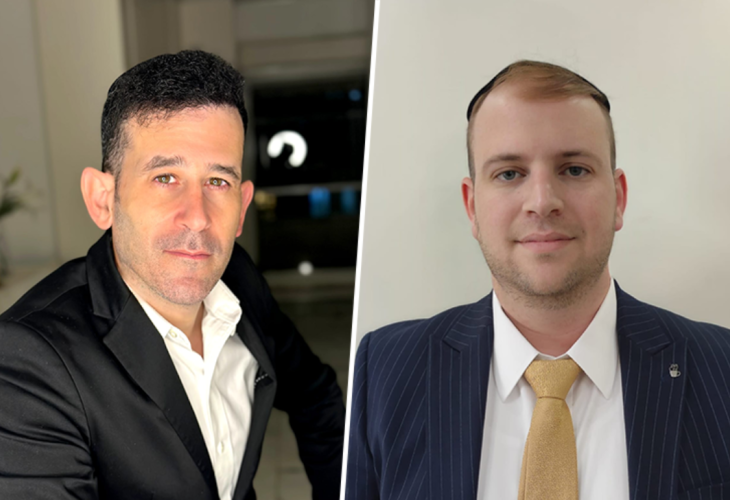
Anyone following the media in recent days has surely noticed the constant stories about nurses in hospitals. Stories of care, dedication, and working at odd hours and nearly impossible shifts. It’s not coincidental, as in Israel and worldwide, May 12th is known as 'Nurses Day', a time to honor their extensive work.
But this year, nurses are in for a special and unprecedented initiative—a new association for Charedi and religious nurses is about to launch the 'All Israel Nurses Association'.
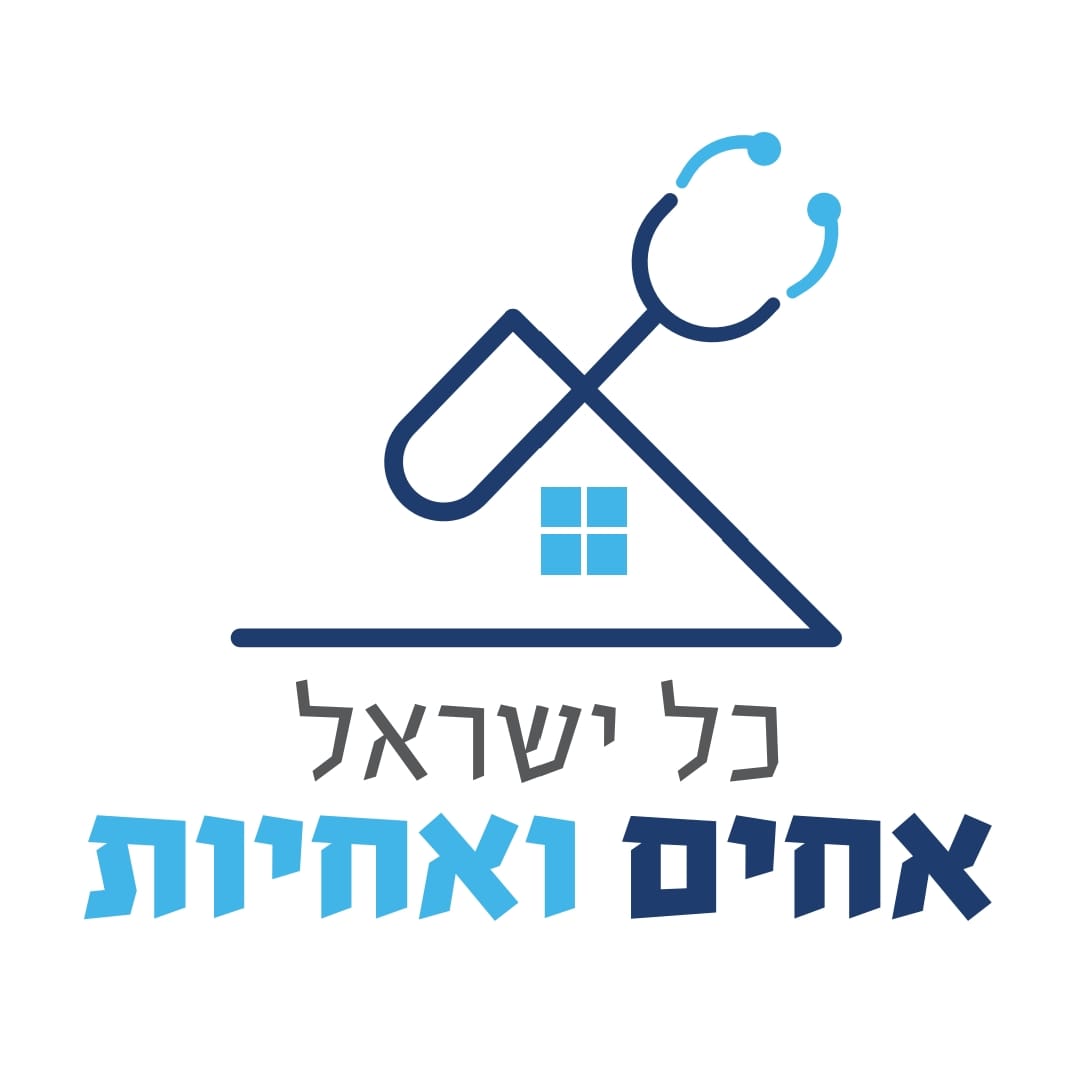
Seeking to Make a Change
Leading this initiative are Netanel Foxbromer, a Charedi individual working in nursing as the deputy head nurse at Neve Horim nursing home in Jerusalem and a faculty member at the Lev Academic Center; and Avi Kirschberg, a Charedi nurse, head of the operating room at Ichilov Hospital.
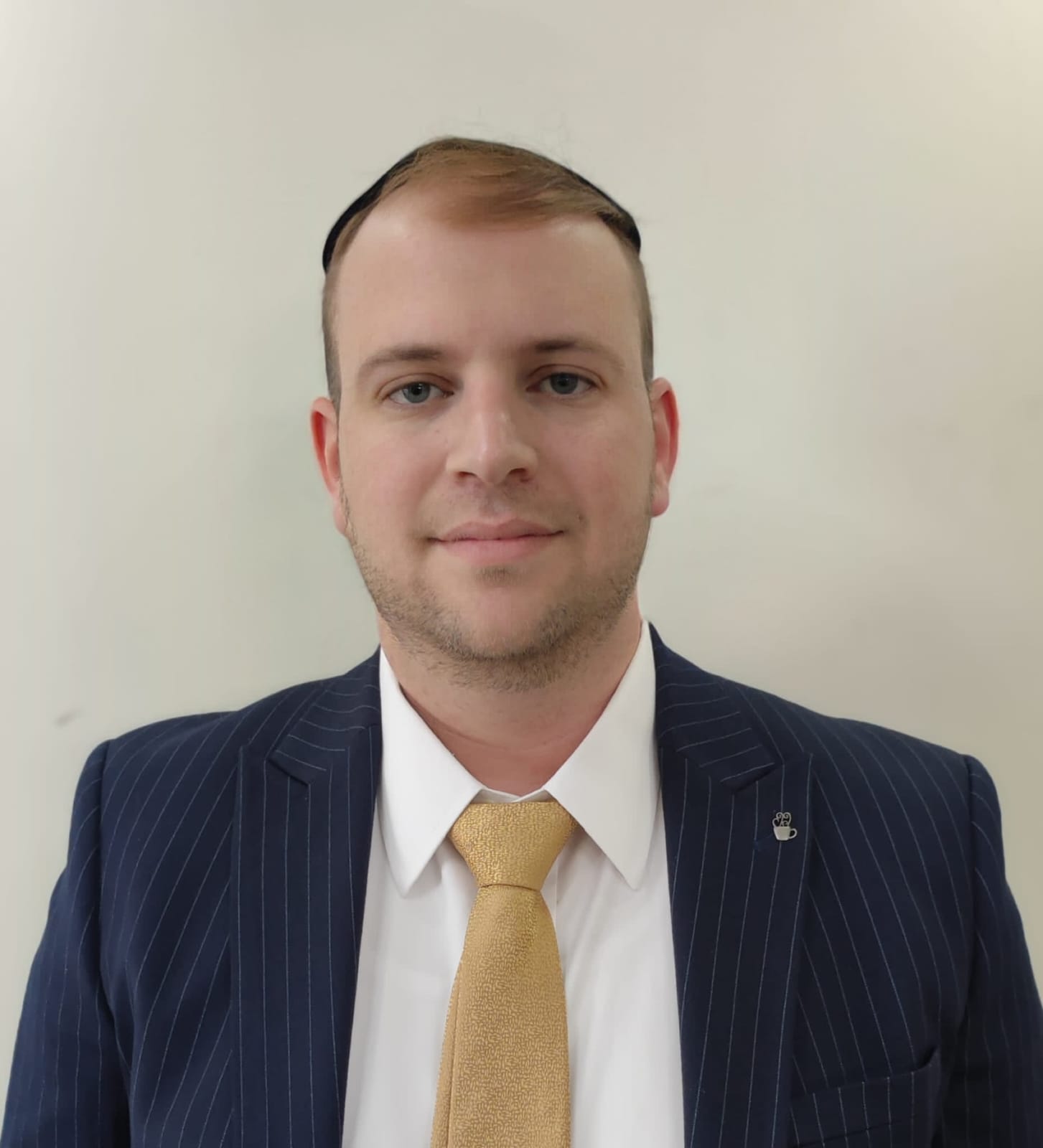 Nurse Netanel Foxbromer
Nurse Netanel Foxbromer"When I started in this profession, nearly no Charedi nurses existed," Kirschberg explains. "Over the years, there's been a slight increase, but numbers remain very low. Those who complete training often work mainly in hospitals serving the religious community, like Shaare Zedek, Maayanei Hayeshua, and Laniado. The other hospitals have not been able to integrate them well. This is a loss for hospital staff, the nurses, and the patients themselves."
Why do you think there aren't enough Charedim in this field?
"There are various reasons, but primarily, it's difficult for them to cope with existing realities in Israeli hospitals that do not always align with their views. Upon establishing the association, we reached out to hundreds of nurses asking them to highlight major issues they want addressed. Most mentioned encountering unresolved halachic questions, as there are many medical dilemmas, sometimes matters of life and death. As most nurses work shifts, they often have to work on Shabbat, presenting many complex *halachic* questions.
"As one of the association's initial steps, we distributed a booklet created with Rabbi Uriel Segal and Rabbi Amram Fried's approval from Bnei Brak, outlining halachic guidelines for nurses. We shared this with all our nurses, creating a concise document summarizing essential halachot for various work situations."
Speaking the Community's Language
Kirschberg adds that the association is also established for hospital patients, believing that religious patients receiving care from staff who understand their values will always have a better experience. "Additionally, we believe nurses should engage with the community," he adds, "They can act as community ambassadors offering health education in schools, community centers, and various venues."
"Recently," he continues, "we had a significant meeting with the Ministry of Health about child safety in the Charedi community. We discussed different approaches, including plans to send Charedi nurses to schools to talk to children about safety—road safety, home dangers, burns, fire risks, and more. We're taking a distinct part in this field."
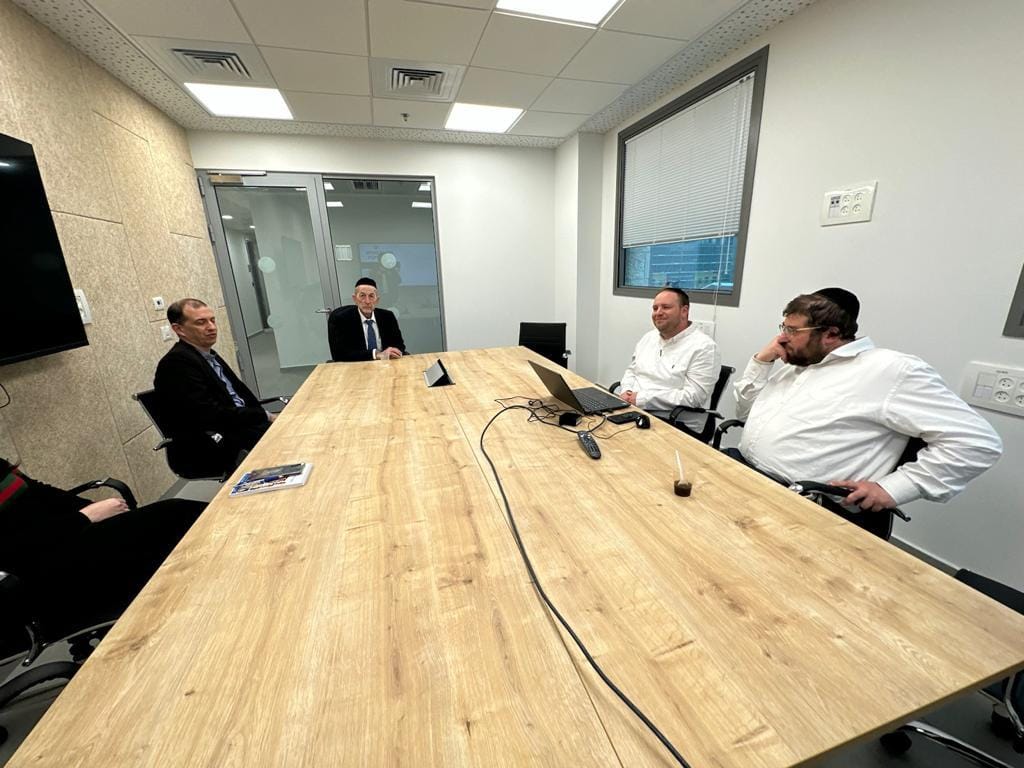 Joint meeting at the Ministry of Health
Joint meeting at the Ministry of HealthHow does this relate to your role as nurses?
"That's precisely the point, as these are often overlooked topics with minimal awareness. The COVID-19 period highlighted the importance of specialized education for the Charedi sector, and without it, damage was done to all. We're confident that sending, for instance, a representative Chassidic nurse to talk to Chassidic children in *cheder*, speaking their language, will be much more effective. Similarly, sending religious and Charedi nurses to speak with girls in Bais Yaakov schools can convey important messages on summer safety, cycling, and a broad range of topics, genuinely making a difference."
What is the Ministry of Health's response to this?
"They strongly support this initiative and generally want more Charedim in nursing, given the shortage of nurses in hospitals. It's a highly demanded field suitable for both men and women, with a lot of mission in it. I believe that with more observant nurses, we'll all notice a substantial positive change."
Kirschberg emphasizes that they're organizing an open day in Jerusalem and Bnei Brak for men to explore nursing and academic programs. "Additionally," he notes, "we're working on securing scholarships and financial support from the Ministry of Health during studies. We believe that increasing the number of religious nurses will benefit everyone, and we aim to encourage people to pursue this career with support, as we have the power to do so."
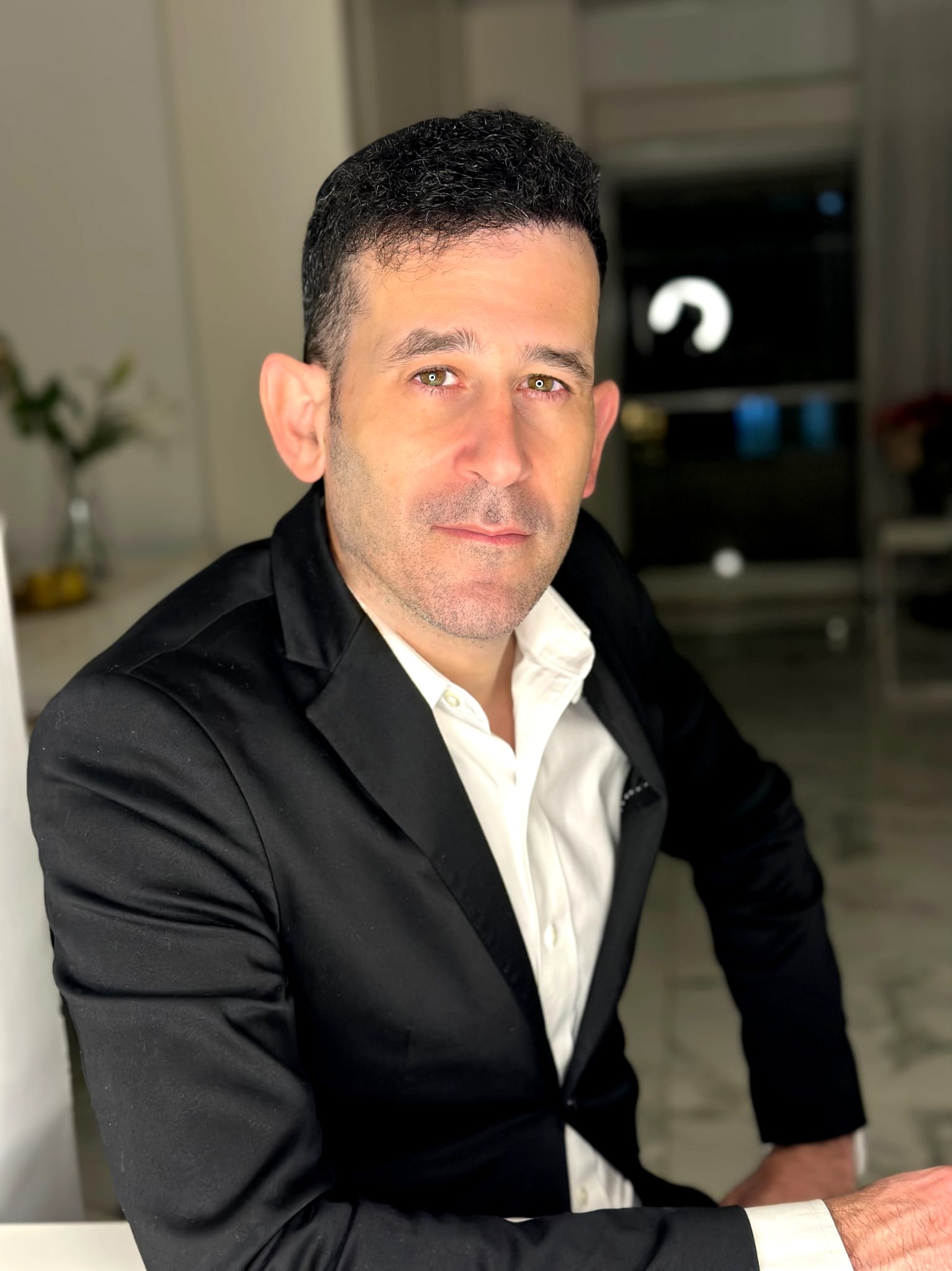 Nurse Avi Kirschberg
Nurse Avi KirschbergAren’t you afraid to establish such an association during a time when media outlets try to incite against the sector?
"While our association targets observant Jews, our goal is to care for all patients equally. We view the term 'nurses' even in its simplest form, seeing all our patients as brothers and sisters. We're not organizing against anyone but for ourselves, to expand our knowledge and possibilities for everyone's benefit. To date, we have almost 2,000 religious Charedi nurses registered with us, out of approximately 5,000 across the country. We’re clear that as we grow, we'll achieve significant progress in all respects within a few years."

